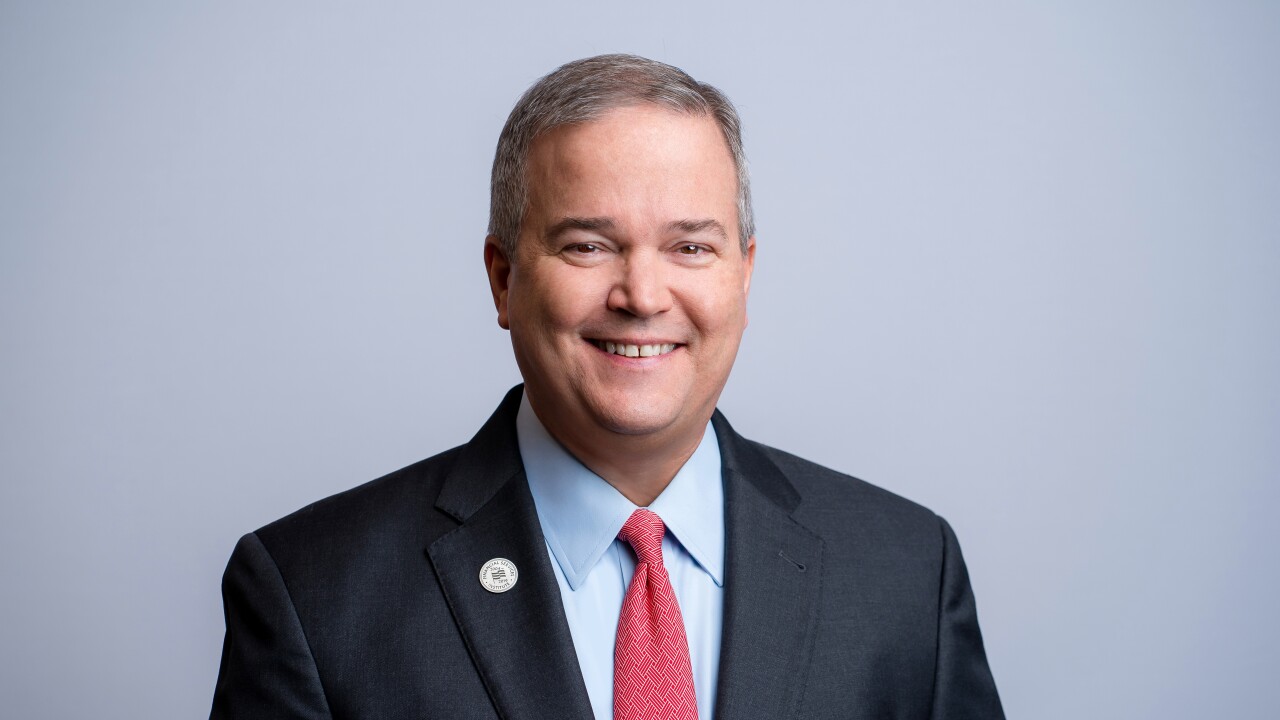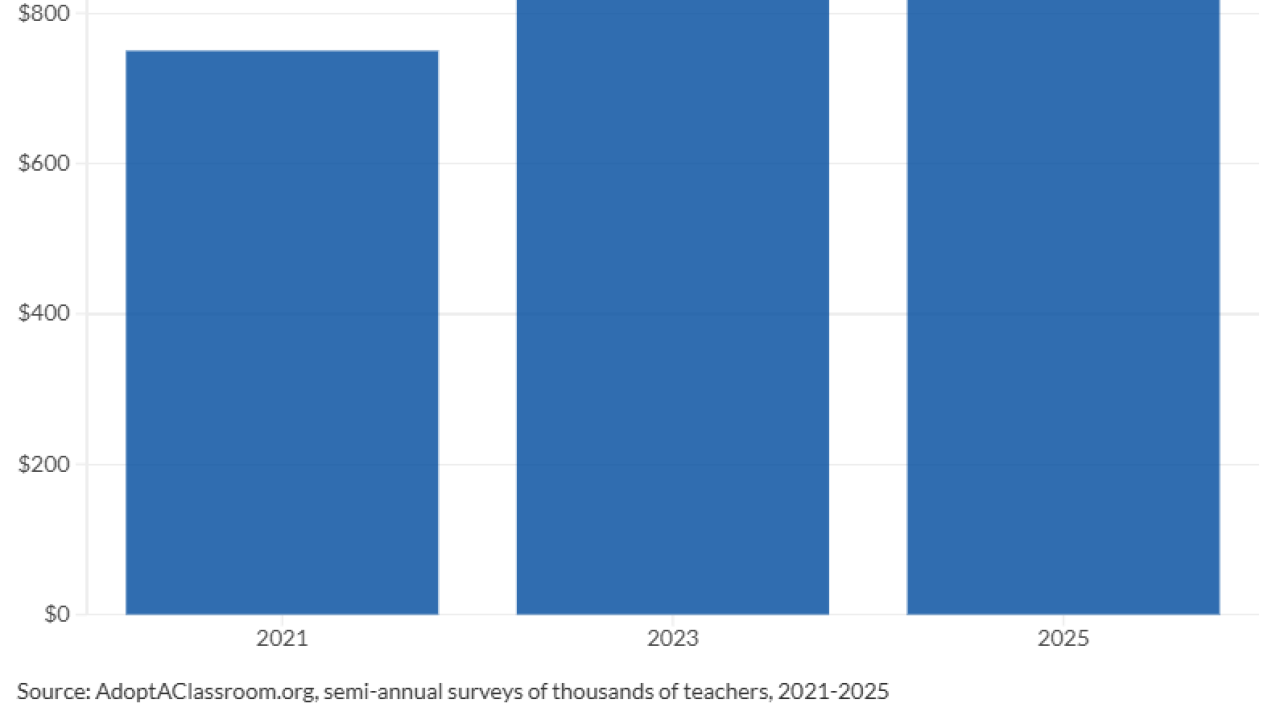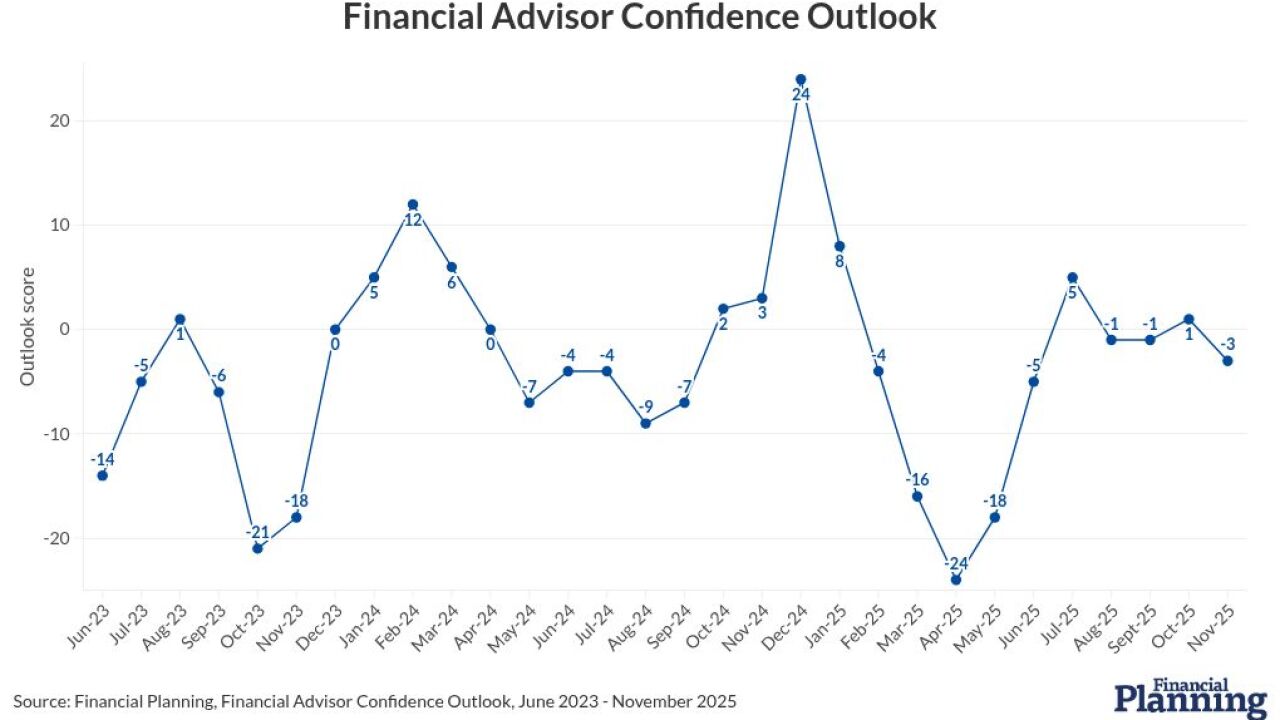(Bloomberg) -- Mutual funds are vulnerable to runs that can spill over and cause problems in the broader financial system, according to a blog post published on Liberty Street Economics by staffers at the Federal Reserve Bank of New York.
The authors, Nicola Cetorelli, Fernando Duarte and Thomas Eisenbach, argue that a run can occur when heavy withdrawals from a mutual fund cause the fund company to sell illiquid assets at fire sale prices. In that situation, the post says, investors will have an incentive to get their money out early, triggering a race for the door that can have a ripple effect beyond the original fund.
“Redemption runs at the fund level trigger fire sales that depress market prices and spread losses to the broader financial system,” the authors wrote.
The post does not mention Third Avenue Management, which in December shuttered its $788.5 million Focused Credit Fund after losses and withdrawals left it unable to meet redemptions without selling assets at depressed prices. Third Avenue’s move led to a selloff in high-yield bonds.
The blog post comes at a time when federal regulators are considering whether large asset managers should be considered systemically important like banks and insurers. The money managers are trying to avoid that fate because it would result in higher capital requirements and tougher scrutiny.
In May, bond giant Pacific Investment Management Co. said the designation was unnecessary because mutual funds aren’t vulnerable to runs in times of market stress.
“Pimco submits that there is no support for the principle that ‘runs’ are an observable risk,” among U.S.mutual funds with floating net asset values, Pimco Chief Executive Officer Douglas Hodge wrote in a May 29 letter to the Financial Stability Board, which is studying the question.
In the letter Pimco pointed to its own handling of the wave of redemptions that occurred following the sudden departure of star bond manager Bill Gross from the firm in September 2014. That exit sparked client withdrawals of more than $50 billion in September and October combined, which Pimco weathered in an “orderly timely way,” Hodge wrote in his letter.
“There were no fire sales or forced selling,” he told the regulators. The Pimco letter was written before the closing of the Third Avenue Fund.
In the blog post, the New York Fed staffers acknowledge that their conclusion runs counter to conventional wisdom. “In this post we argue that the conventional wisdom is incomplete,” they wrote.





